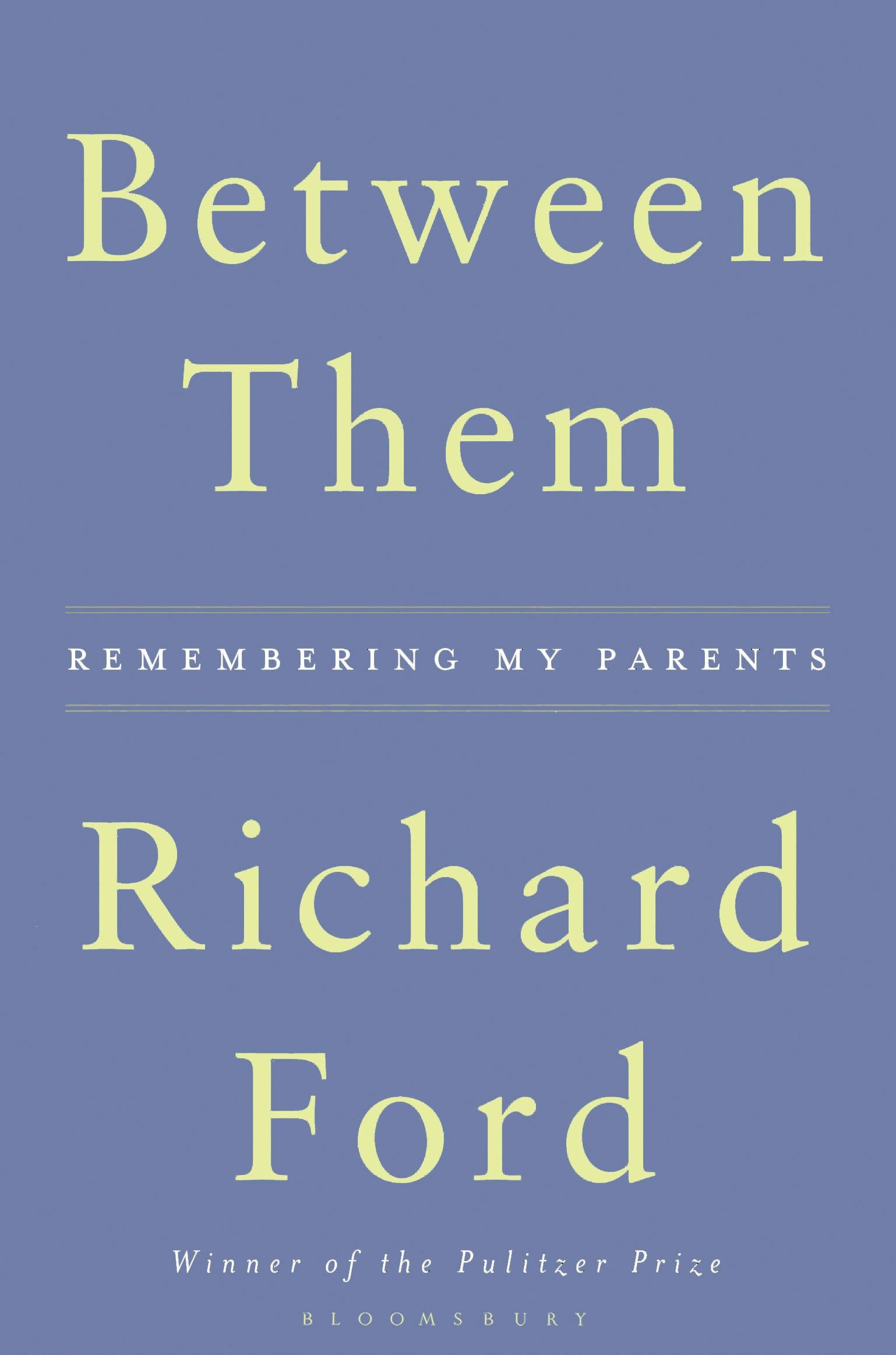Between Them: Remembering My Parents by Richard Ford, book review: It feels like something’s missing here
The novelist's memoirs are a moving but distant portrait of his mother and father who died of a heart attack in his arms when he was 15 years old

Your support helps us to tell the story
From reproductive rights to climate change to Big Tech, The Independent is on the ground when the story is developing. Whether it's investigating the financials of Elon Musk's pro-Trump PAC or producing our latest documentary, 'The A Word', which shines a light on the American women fighting for reproductive rights, we know how important it is to parse out the facts from the messaging.
At such a critical moment in US history, we need reporters on the ground. Your donation allows us to keep sending journalists to speak to both sides of the story.
The Independent is trusted by Americans across the entire political spectrum. And unlike many other quality news outlets, we choose not to lock Americans out of our reporting and analysis with paywalls. We believe quality journalism should be available to everyone, paid for by those who can afford it.
Your support makes all the difference.The writer Richard Ford’s great talent is capturing American lives of a kind of quiet desperation, often punctuated with menacing jolts of catastrophe that threaten to upend “the normal applause-less life of us all”. His series of novels featuring realtor Frank Bascombe chronicle three decades in the life of his troubled but light-hearted hero from the early 1980s up to Hurricane Sandy in 2012.
He is a master at the comedy and tragedies of family life: Bascombe’s first child dies, and he struggles throughout the four novels to connect with his “nut-brain” teenage son. In his last novel, Canada, a 15-year-old boy is forced to go on the run following a botched robbery carried out by his parents. The 16-year-old narrator of Wildlife, his fourth, suffers the double trauma of his father’s nervous breakdown and his mother’s infidelity. Families, for Ford, are far from easy places, an enduring theme in American literature from Huckleberry Finn onwards.
Ford himself is childless. “Malevolent little creatures,” he’s called them. “I don’t like children,” he said recently, “I don’t like to be in the room with them. I don’t like to hear their little voices.” A droll confession as now, at 73, the novelist has decided to fathom his own inner child in the form of this heartfelt, evocative, but evasive portrait of his mother and father.
“I have always said and still believe my childhood was a blissful one,” he writes early on in the book. The facts he relays, however, are far from happy. Ford was brought up in Jackson, Mississippi in the early 1940s, the son of Parker, a travelling starch salesman (his clients including “a leper colony in Louisiana”), a smiling, good-natured man, but also “the sheltered son of a suicide”, “more a shadow than a weight” as a father. His mother, Edna, a beauty from the Ozarks with possible “oil-well” Osage Indian blood, was loving but “volatile - even in her loving” in his youth, with a “punitive, jealous” mother only 14 years older than her daughter.
As Ford tells it, his parents had a festive, “swirling” 1930s before he was born, despite the Depression, living it up on the road in New Orleans, Memphis, Pensacola. They wanted children but the arrival of a child was a “mixed blessing”, putting an end to a “perfect” romance. An already distant father then effectively disappeared, lost to the road, that is, until the catastrophe that lies at the core of the book.
Just before Ford’s 16th birthday, his father, back from a trip to Louisiana, had a heart attack at home. Fifteen-year-old Ford had to clamber on to the bed and attempt crude CPR but Parker died in his arms. The tragedy all but devastates Edna – pretty much for good, it turns out – but, reasons Ford, “a boy could do worse than to lose his father”, the death handing him “a life to live by my own designs, freed me to my own decisions”. Ford was, during his father’s absences, slipping into delinquency, and the death is framed as at least partly a redemptive experience.
Ford is an American, one from another generation, and his experiences and family history might not appear straightforwardly traumatic. But a more immersive exploration of masculine pain, along the lines of younger European writers such as Karl Ove Knausgaard and Edward St Aubyn, might have thrown up at times less obvious insights. It’s likely a tension that drives his incredible writing but it feels like something’s missing here.
Join our commenting forum
Join thought-provoking conversations, follow other Independent readers and see their replies
Comments